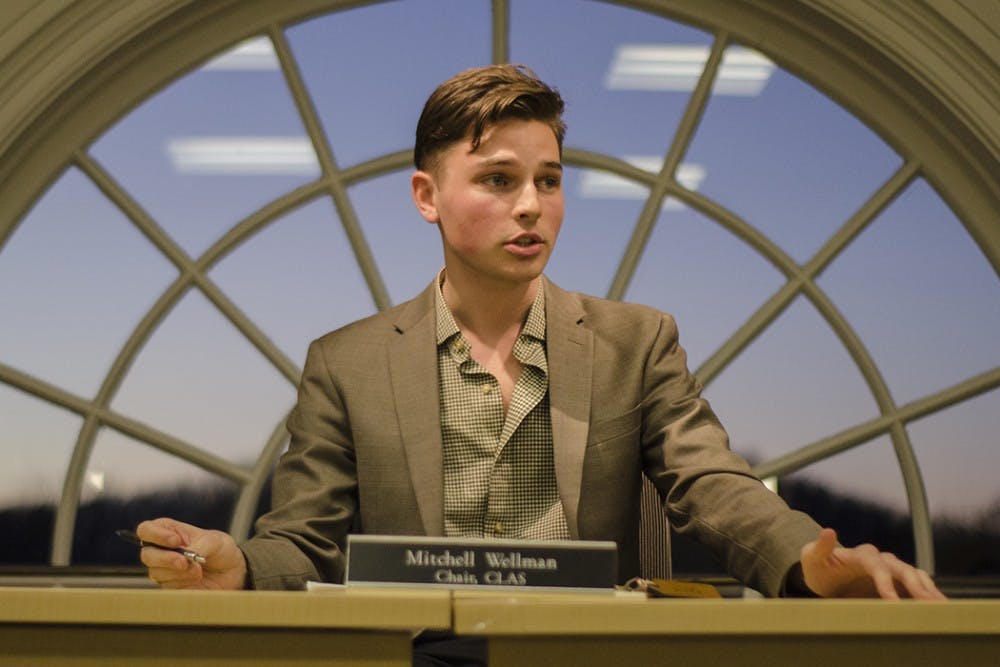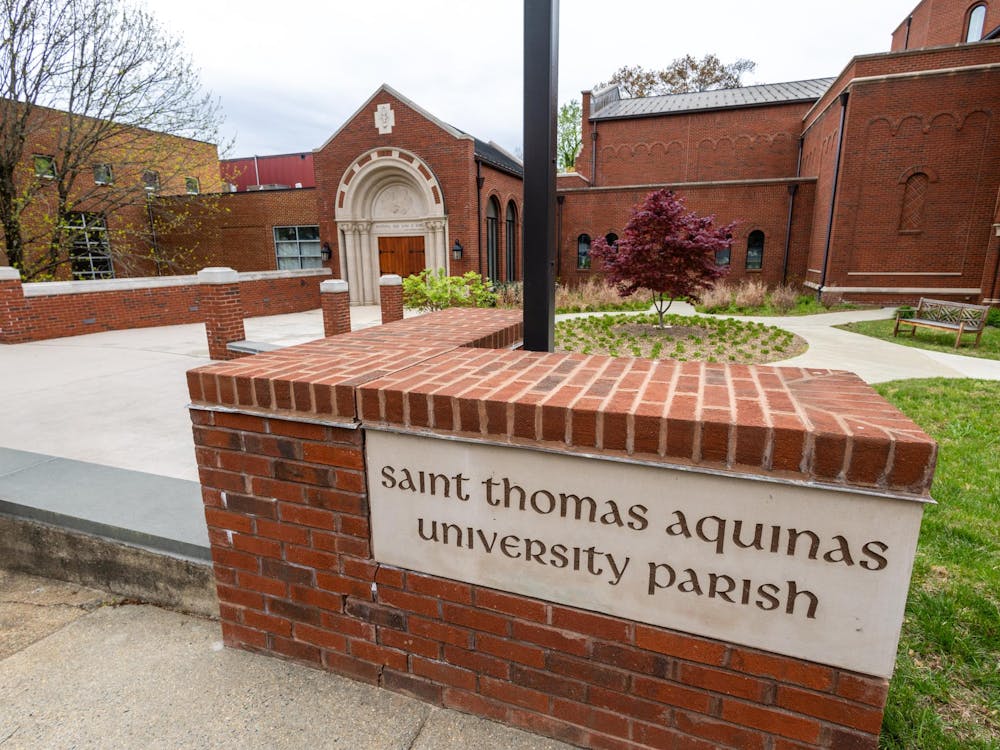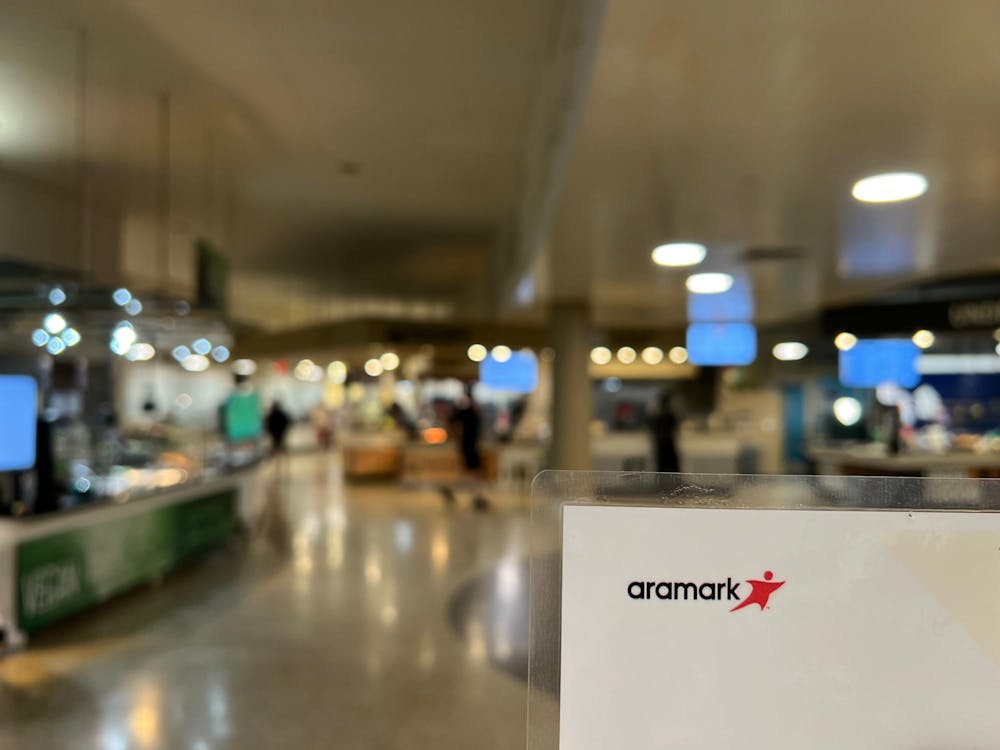The University Judiciary Committee met Sunday to discuss initiatives to widen possible sanctions and impending referenda which, if passed, would change UJC’s constitution. The committee also heard from representatives from the Gordie Center for Substance Abuse Prevention and University Recycling — two organizations that help students fulfill sanctions.
UJC Chair and fourth-year College student Mitchell Wellman opened the meeting by discussing the referenda in next week’s University elections. The committee is planning to have members not running for office table across Grounds in an attempt to increase voter turnout.
“The nice thing about a table is that it’s easy for you, you’re walking to class, and it’ll take you a few minutes and there’s a person there who can answer questions,” Wellman said. “There’s a person there that motivates you to go ahead and fill it out and get it done, to check off that box.”
There are four changes will be voted on, but Wellman said he doesn’t predict much controversy over their content.
“Our [referenda] are housekeeping measures about ensuring the consistency and integrity of our constitution, and I think that’s a value most people can get behind,” Wellman said. “I don’t see a lot of window for controversy.”
The meeting then moved on to Amy Ackerman, vice chair for sanctions and graduate Curry student, and her discussion of exploring new sanctions for the committee.
Ackerman said responsibility to fulfill sanctions after trials usually falls on the students.
She recommended the committee should focus on “keeping [students] responsible, but still being helpful.”
Two representatives from University organizations students commonly complete sanctions with were present to talk about their roles and experience working with students.
Tia Mann, the basics and recovery support coordinator for the Gordie Center, also spoke at the meeting, and said she sees her role as to help students recover.
“I'm not there to judge them, or shake my finger at them or lecture them,” Mann said. “I see my role as initiating a conversation.”
University Recycling Supervisor Victor Martin also spoke at the meeting and said he welcomes the help provided by both student volunteers and students sanctioned by the UJC.
“When someone comes to me, I don’t ask them what they did,” Martin said. “Whenever we get help, it really does help out.”
The judges in UJC cases have a list of common sanctions they can choose from, but Wellman said the UJC constitution does not limit them to that list.
“Over time, our sanctions have narrowed and narrowed,” Wellman said in an interview. “We have a common sanctions list that our judges train from and look at, and those sanctions become exhaustive for them. I think that they look at those common sanctions as the only sanctions that are available.”
The committee’s goal is to start using more sanctions tailored to a student’s experience in a way that will be more educational.
“We’re not just sort of approximating the experience because we lack the necessary sanction power,” Wellman said. “We are actually exploring those opportunities to sanction them to something that’s going to make a difference.”







